Family Guides: Help Your Children Succeed in Key Learning Areas [downloadable]
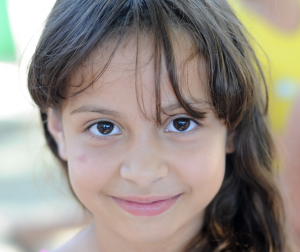 When families, communities and schools work together, students are more successful. In fact, decades of research show that students with involved parents are more likely to attend school regularly, perform better in school, develop better social skills, and go on to post-secondary education. Read more ›
When families, communities and schools work together, students are more successful. In fact, decades of research show that students with involved parents are more likely to attend school regularly, perform better in school, develop better social skills, and go on to post-secondary education. Read more ›
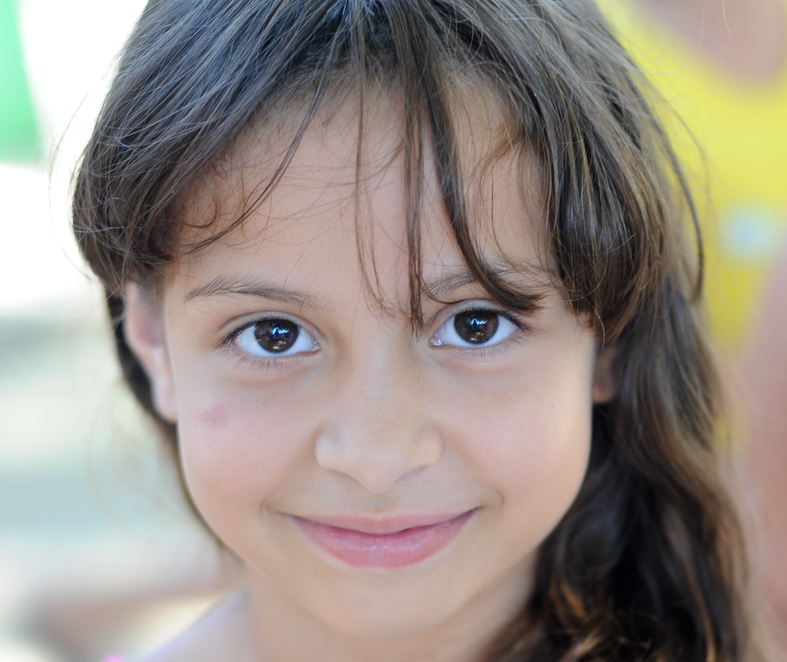
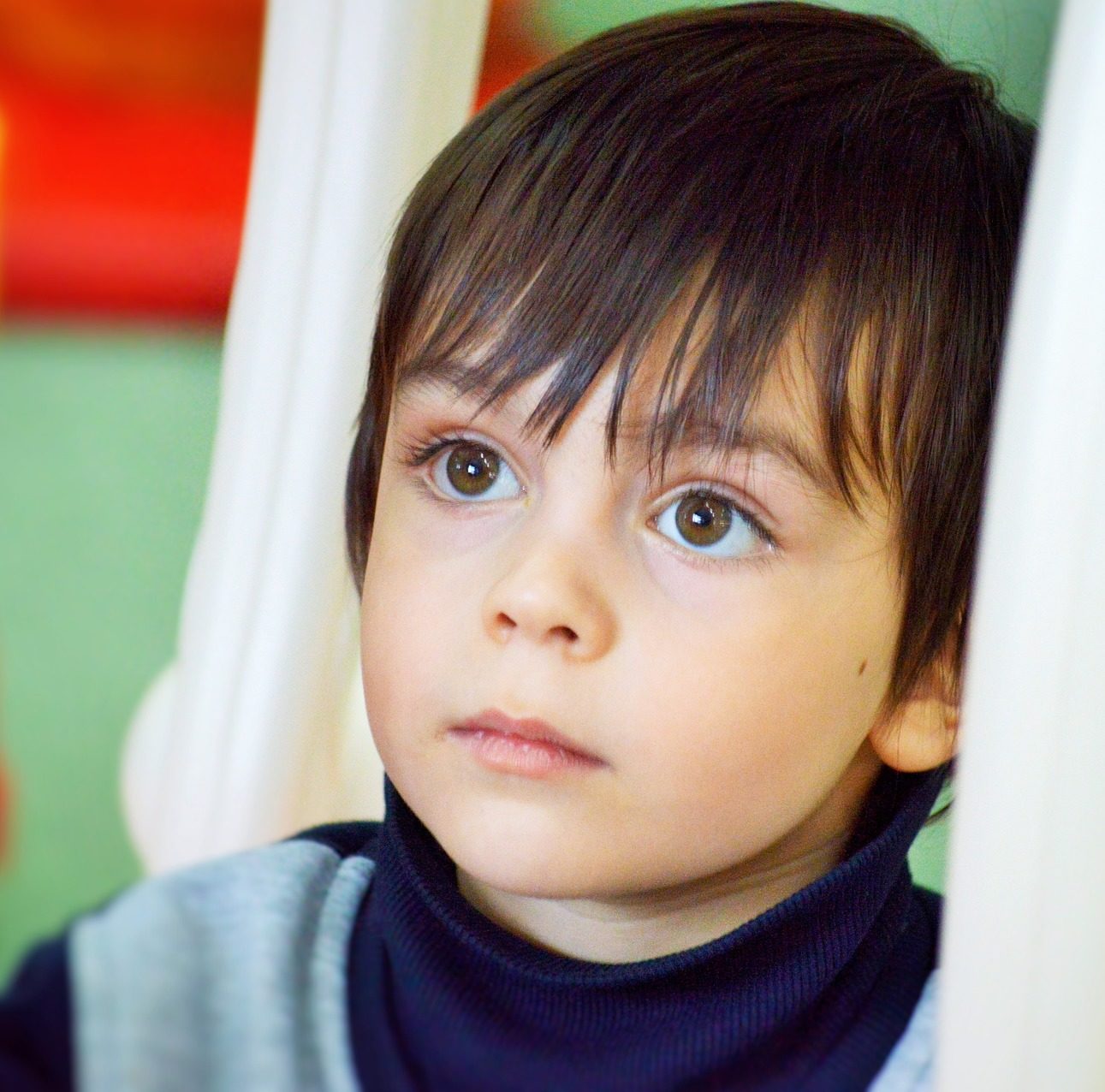
 From birth to 5 years, children should reach milestones in how they play, learn, speak, act and move.
From birth to 5 years, children should reach milestones in how they play, learn, speak, act and move.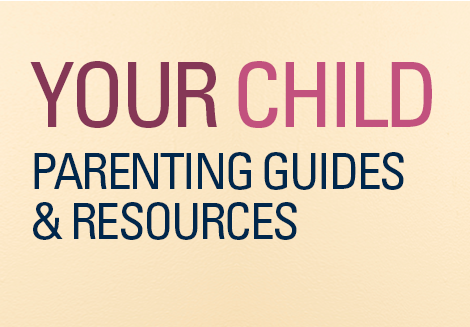
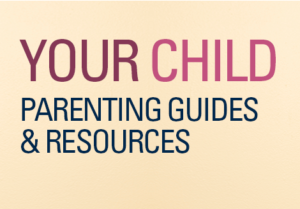 Is your baby meeting the typical developmental milestones? Do you have questions about your preschooler’s behavior and development?
Is your baby meeting the typical developmental milestones? Do you have questions about your preschooler’s behavior and development? 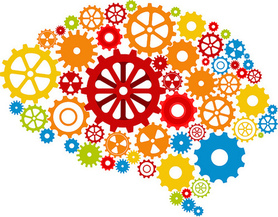
 For parents, childcare providers, and early educators, new research describes a simple and powerful way to build children’s brains: talk with them, early and often.
For parents, childcare providers, and early educators, new research describes a simple and powerful way to build children’s brains: talk with them, early and often. 
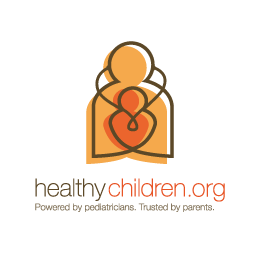
 The
The 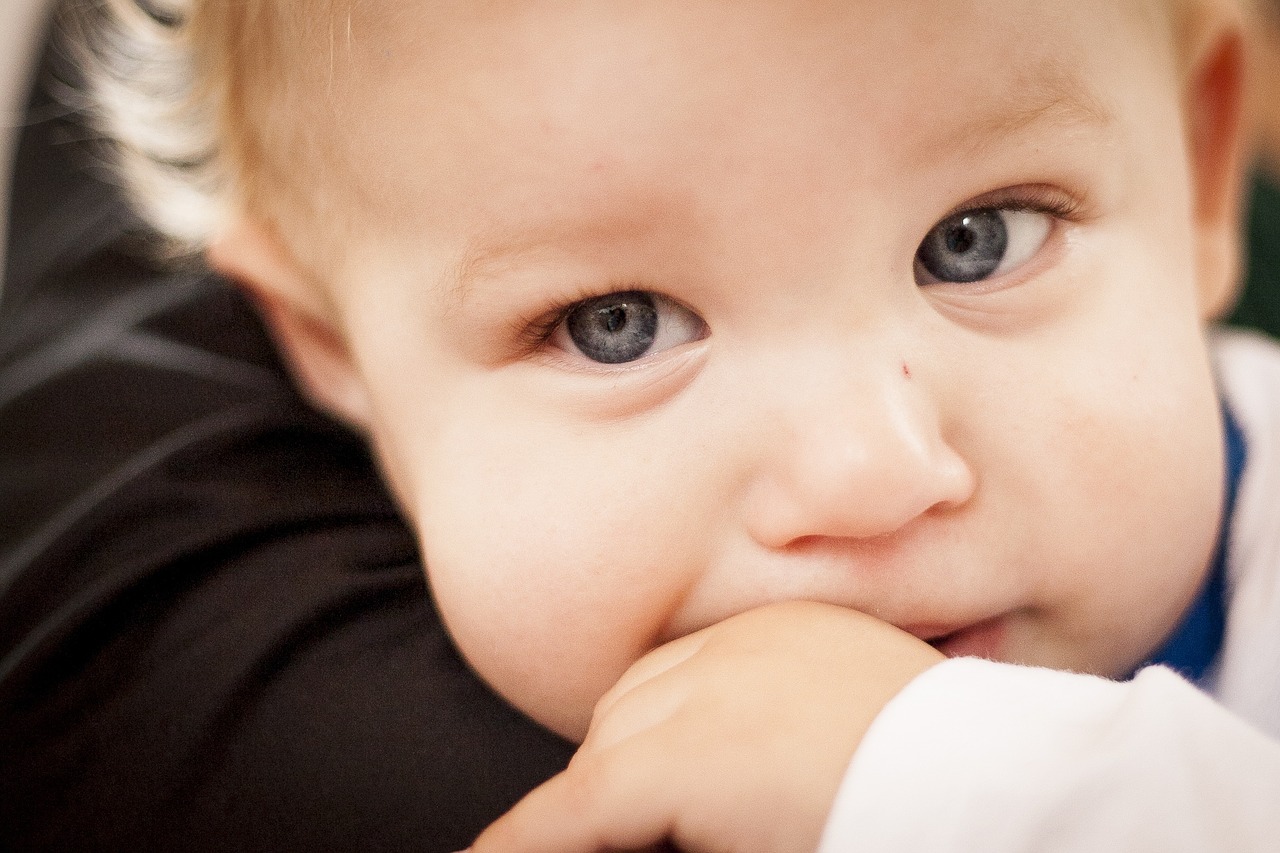
 How your child plays, learns, speaks, acts, and moves offers important clues about your child’s development. Developmental milestones are things most children can do by a certain age.
How your child plays, learns, speaks, acts, and moves offers important clues about your child’s development. Developmental milestones are things most children can do by a certain age.

